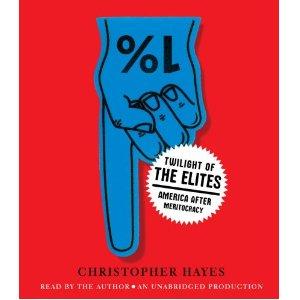Politics of Learning
Universities Will Remain Sites of Contestation and Struggle
by Harry Targ
Since Arab Spring and the Occupy Movement almost every institution in American life — financial, corporate, political party, media, military, and religious — has appropriately become subject to scrutiny and evaluation. In  each case analysts and activists have begun to raise questions about what these institutions look like, whose interests they serve, and how they contribute to the well-being of society. Until recently colleges and universities have been largely above reproach. Research and education have been seen as the cornerstone of American democracy and economic development. The appointment of Governor Mitch Daniels as the new president of Purdue University and the firing and rehiring of the University of Virginia President Teresa Sullivan provides the occasion for a reexamination of higher education. (more…)
each case analysts and activists have begun to raise questions about what these institutions look like, whose interests they serve, and how they contribute to the well-being of society. Until recently colleges and universities have been largely above reproach. Research and education have been seen as the cornerstone of American democracy and economic development. The appointment of Governor Mitch Daniels as the new president of Purdue University and the firing and rehiring of the University of Virginia President Teresa Sullivan provides the occasion for a reexamination of higher education. (more…)

